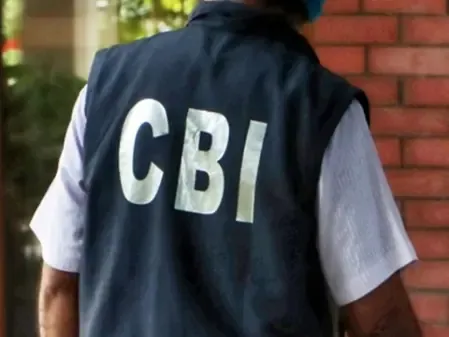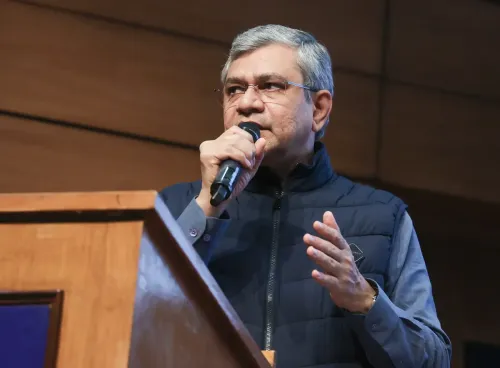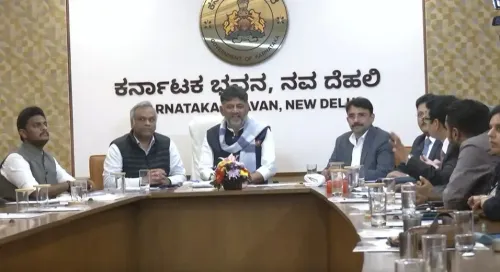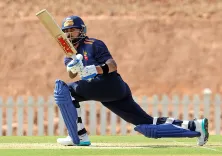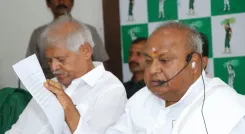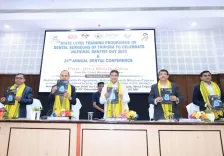Is Congress' alliance with 'like-minded parties' in Bengal uncertain before Assembly polls?
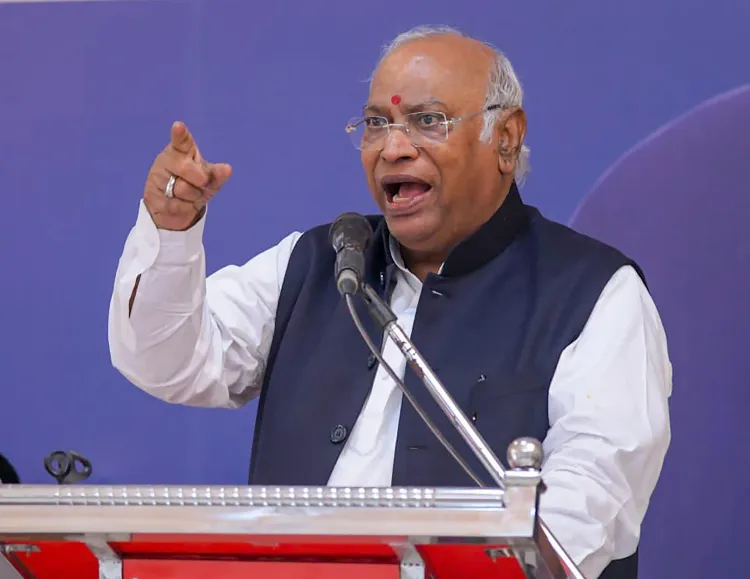
Synopsis
Key Takeaways
- West Bengal has been a challenging ground for the INDIA alliance.
- The Congress is reconsidering its stance towards the TMC.
- Ghulam Ahmed Mir's comments indicate a potential shift in strategy.
- Leadership changes reflect internal party dynamics.
- Upcoming elections could redefine political alliances.
New Delhi, Sep 18 (NationPress) West Bengal has emerged as one of the primary regions where the Indian National Developmental Inclusive Alliance (INDIA) has struggled to gain traction since its inception. The Left and Congress have been making efforts to secure some seats, yet their attempts have not yielded significant success.
Despite their ongoing political contention in Kerala, the INDIA bloc has never collaborated in elections, even though the ruling party of the state, the Trinamool Congress (TMC), is led by Mamata Banerjee, a founding member of the alliance.
Banerjee is credited with coining the acronym. Recently, Congress's general secretary for West Bengal, Ghulam Ahmed Mir, has reiterated his stance, implying that a certain party has made arrangements with the Bharatiya Janata Party (BJP) to protect its leaders from corruption probes by central agencies.
This assertion from Mir is unsurprising; since taking charge in West Bengal, he has emphasized the necessity for his party to distance itself from both the TMC and the Left.
Interestingly, this marks a shift in the Congress's approach in the state. Last year, the replacement of longtime leader Adhir Ranjan Chowdhury with Subhankar Sarkar as the Pradesh Congress Committee president was viewed as a more conciliatory move towards Mamata Banerjee.
State Congress leaders have privately acknowledged that Sarkar is less critical of the TMC compared to Chowdhury, making him more palatable to various factions within the state unit.
It has been suggested that Banerjee, who enjoys a good rapport with Sonia Gandhi, has previously expressed her grievances to Gandhi regarding Chowdhury’s harsh criticisms.
Therefore, this leadership change was interpreted as a potential alignment shift. Since then, there have been unverified reports of some Congress members advocating for a political partnership with the TMC.
Currently, Congress finds itself in a challenging position, caught between the Left, against whom it has lodged numerous complaints about their long-standing rule of oppression, and the TMC, which emerged from its ranks to accomplish what Congress could not: breaking the stronghold of the Left.
Amidst a backdrop of desperation for political relevance, many Congress leaders are resorting to compromises. Consequently, the votes from Congress supporters have not translated into significant gains for their Left partners.
As the state braces for elections slated for March-April next year, the question looms: will Congress heed the words of Rabindranath Tagore, “If none responds to your call, walk ahead alone”?
As the saying goes: only time will tell.


